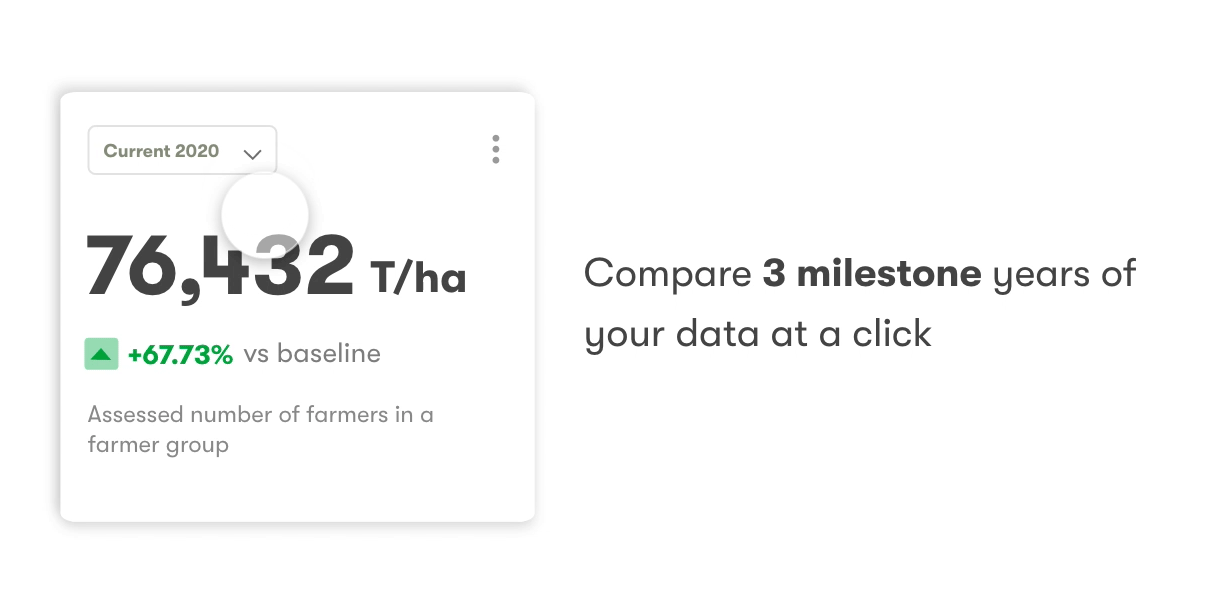HOW FARMER FIELD SCHOOLS ARE BREWING SUSTAINABLE COFFEE
For farmers in the Quindío region of Colombia, a coffee education is proving a popular way of boosting livelihoods.
Getting plant nutrition right is increasingly difficult, but essential, in unpredictable climate conditions. As part of their agronomic training, the 570 coffee farmers in the Quindío farmer group have learned how to perform soil analysis in order to calculate the appropriate amount and type of fertiliser required. Combined with Good Agricultural Practices (GAP) and pest and weed management, applying this training has allowed the farmers to nearly triple their yields.
The farmers also gain professional skills from training on bookkeeping and traceability, so they understand better production planning, the costs associated with improved cultivation techniques and how to use targeted investment to address areas for improvement. This activity has become a family affair for José Norbey, who has recruited the support of his wife and 17-year-old son to keep the farm records, while he focusses his efforts on the farm.
“I’m always impressed and excited by the attendance of the farmers in these Field School workshops. We send out an invitation to 30 farmers, word spreads and we end up with 50. It shows they are willing to learn, participate, and practice what they’ve learned in previous sessions.”
- Catalina González Sánchez Head of Sustainability and Differentiated Coffee, Olam Agro Colombia S.A.S.
